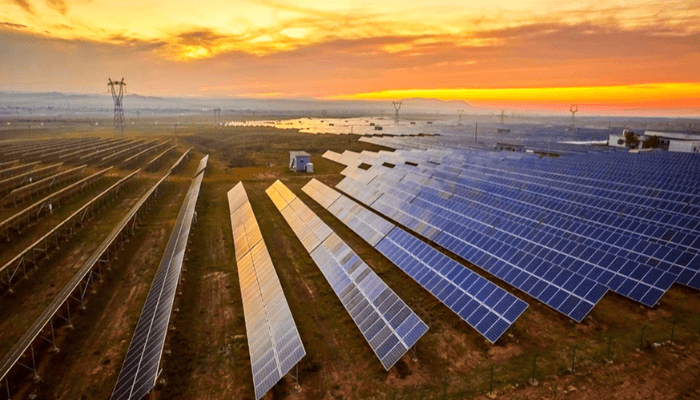Nigeria has emerged as the fourth-ranked African country in terms of installed solar capacity, adding 63.5 megawatts peak (MWp) in 2024, according to the Africa Solar Industry Association (AFSIA).
The AFSIA Africa Solar Outlook 2025 report highlights Nigeria’s performance, noting it achieved the second-biggest improvement among African countries last year with a modest yet notable +12 climb in the rankings.
Read also: Soludo demands private partnership in Anambra, inaugurates solar street lighting
“This positive move is supported by increasing investment in solar from the C&I, residential and mini-grid segments. This performance is particularly impressive as the country produces a lot more power than many other African nations,” the report stated.
The report attributed Nigeria’s growing adoption of solar energy to the removal of fuel subsidies, which has spurred a shift towards solar and solar-plus-storage systems as cost-effective alternatives to diesel generators.
“Nigeria has started feeling the positive impact of the fuel subsidy removal and an increased interest for solar+storage as a cheaper alternative to diesel,” the report stated.
South Africa retained its position as Africa’s solar powerhouse and remains the continent’s only member of the exclusive “Gigawatt Club,” a group of countries with installed solar capacities exceeding one gigawatt.
Egypt climbed to second place in 2024, propelled by the commissioning of two significant projects in Kom Ombo, while Zambia ranked third, driven by its urgent pivot to solar in response to severe power shortages.
Angola re-entered the top five after completing utility-scale solar projects initiated in partnership with MCA and Sun Africa, each with a capacity of 27 MWp.
Globally, solar installations soared in 2024, with an estimated 503 GWp of new capacity added, representing a 44 percent growth compared to 2023.
Read also: Solis Solarator Series: Revolutionizing Energy Solutions in MEA
However, Africa’s growth was more modest, with new installations reaching 2.5 GWp, a level consistent with the record years of 2022 and 2023.
“Africa is now home to 19.2 GWp of solar capacity (excluding residential installations), marking the third consecutive year that over 2 GWp of solar has been installed on the continent. This demonstrates the good health of the industry, even though Africa still accounts for less than 1 percent of the global solar market,” the report noted.
